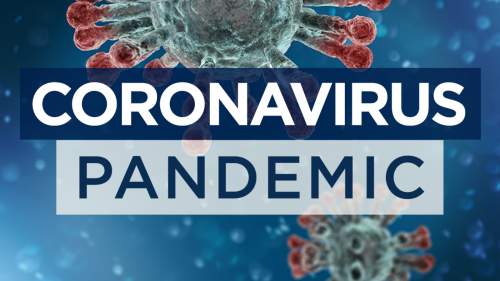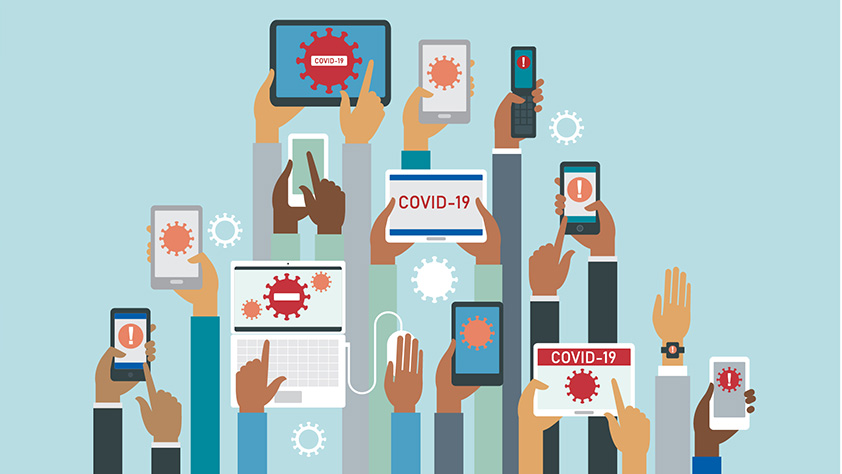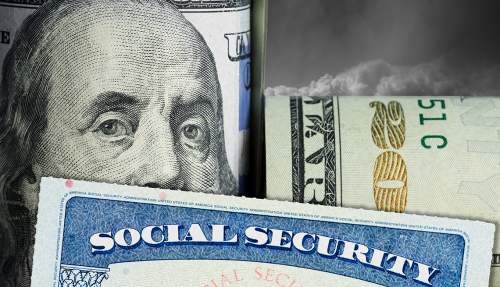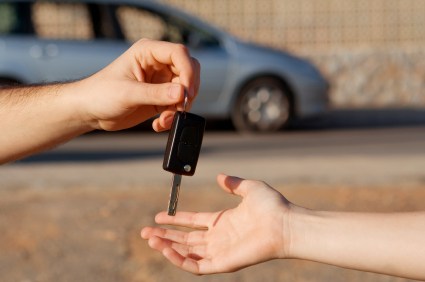Coronavirus on Cruise Ships

Coronavirus on Cruise Ships
Coronavirus on Cruise Ships
According to CBS NEWS and other news outlets, cruise lines face a legal backlash for their initial response to the COVID-19 pandemic that began sweeping the world earlier this year. The plaintiffs, all former passengers, contend that the three major cruise lines (which make up about 70 percent of the total cruise ship market) knowingly exposed them to the novel coronavirus, known to be exceptionally contagious and dangerous. If you’ve contracted coronavirus from a cruise ship, you need a seasoned North Carolina personal injury attorney with extensive experience on your side.
The Cruise Ship Experience
Cruise ships are a luxury destination for which many people plan and save years ahead of time. On a cruise, you can leave your troubles behind for a little while, indulge in the fantastic buffets, and enjoy quality live entertainment, while attentive and professional staff work to make you as comfortable as possible. While the major cruise lines have become very popular and earned a devoted following over the years, their handling of the coronavirus may be changing people’s opinion.
One Couple’s Tragedy
A current suit brought against Princess Cruise Lines claims that a married couple contracted COVID-19 while onboard a Princess Cruise ship and that the husband later died due to complications from the virus. Their lawyer alleges all of the following regarding the COVID-19 outbreak on the Japan-bound cruise ship:
- The cruise line discharged passengers who’d been infected by the coronavirus.
- The cruise line then took on new passengers that commingled with exposed passengers already on board.
- The cruise line had been given official notice of the dangers inherent to their action but failed to warn the passengers, including the married couple.
Inadequate Safeguards in Place
Former passengers currently suing the major cruise lines assert that ships’ staff crew did very little to protect or warn onboarding passengers of the presence of coronavirus, even though the vessel had prior knowledge and experience with the virus from an outbreak several weeks earlier. Sometimes the only step taken was asking passengers to fill out a form stating the current condition of their health.
Cruise Ships and Liability Waivers
Most cruise lines require passengers to sign liability waivers before boarding. These waivers release the cruise line of liability in certain situations, including the death of a passenger. While these contractual waivers may frighten some potential litigants away, it’s important to note that courts in the United States frequently refuse to uphold them. In other words, if you or your loved one has contracted coronavirus from a cruise ship, it’s time to consult with a dedicated North Carolina personal injury attorney.
An Experienced North Carolina Personal Injury Attorney Can Help
The COVID-19 pandemic that’s sweeping our nation and the larger world has changed our way of life in significant ways, including the perception of cruise lines. If a cruise line’s negligence led to your illness, the dedicated personal injury attorneys at King Law Firm in North Carolina are committed to skillfully advocating on your behalf for a favorable outcome of your case. For more information, please don’t hesitate to contact or call us at (855) 206-0052 today.






